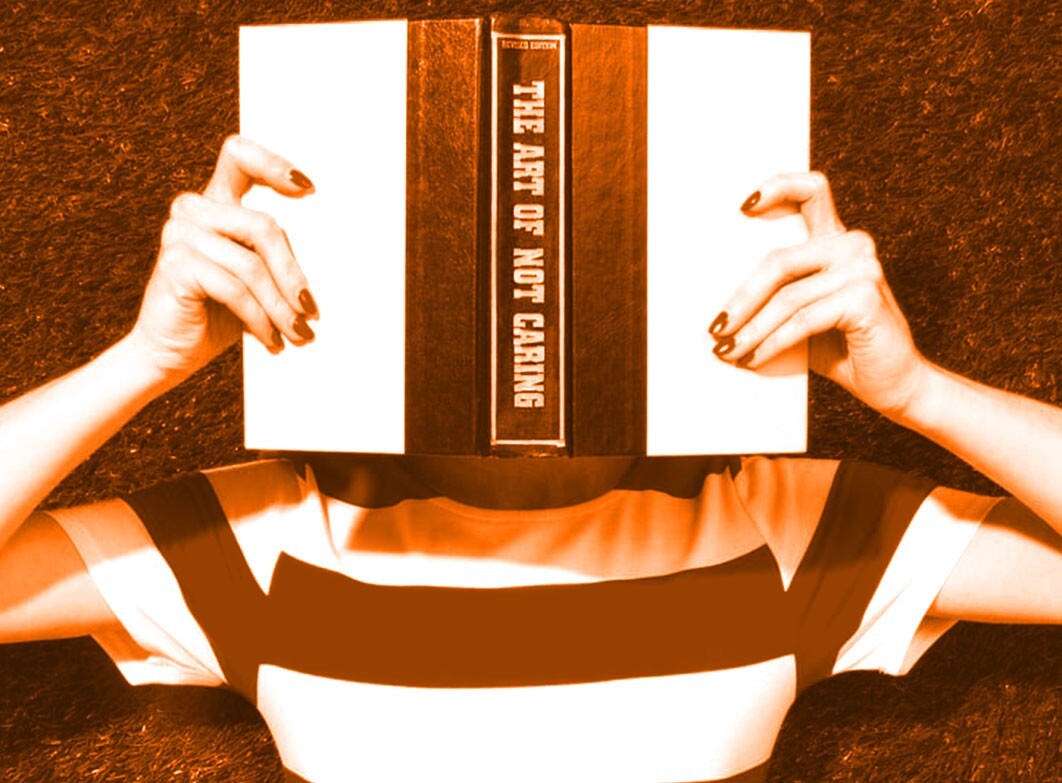

What If We Were Completely Honest With Our Dates?
We crave to be seen and loved as we are, but we simultaneously project stories that contradict who we really are. So we partner with people we want to change and blame them for not changing already.
February 23, 2021